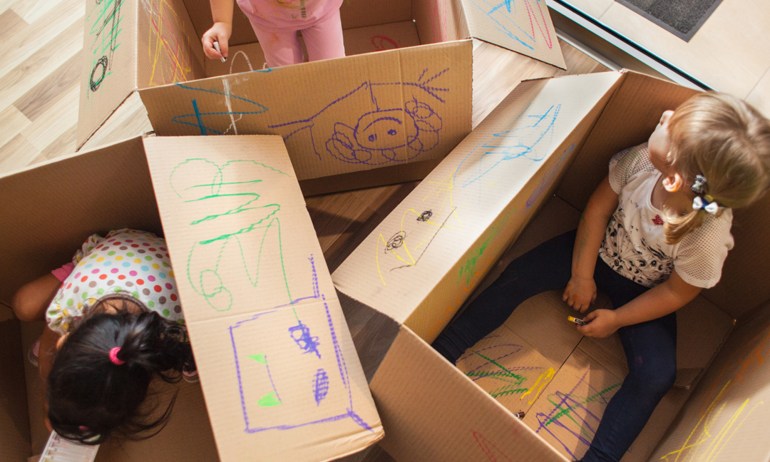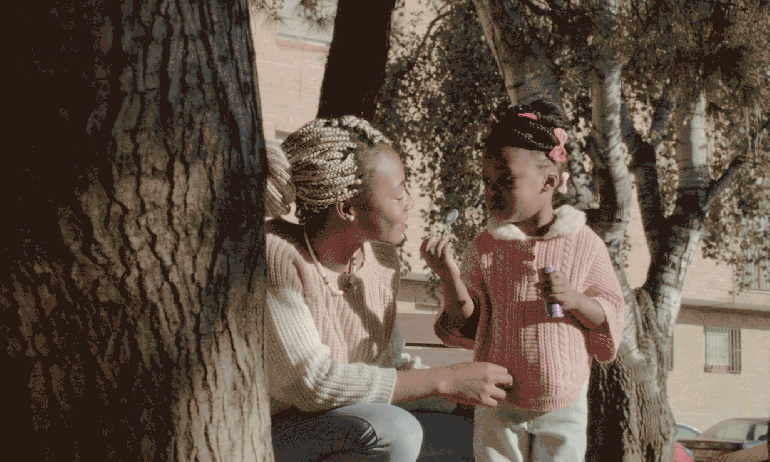
We humans
There’s a right way to talk about racism with kids — and most white parents in the US aren’t doing it
By not settling for cliches about being color-blind and by talking openly about the roots of racism and its consequences, you can raise informed, empathic individuals.

When you give a child their first smartphone, don’t send them into the digital world unprepared. Here’s a look at the three-page agreement that technology executive Jennifer Zhu Scott asked her kids to sign when they got their phones, complete with some advice that adults should consider following, too.





